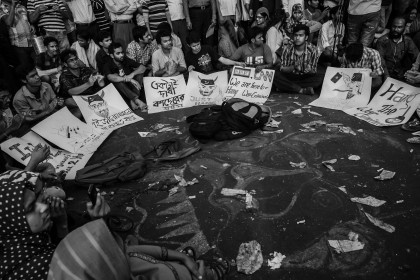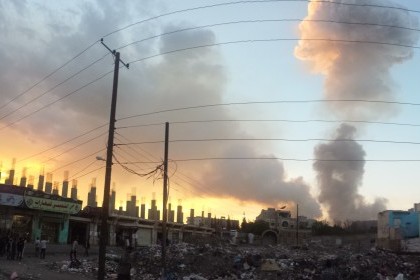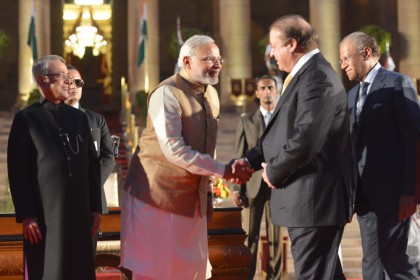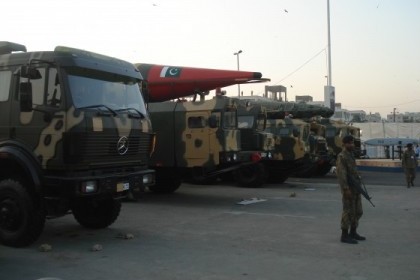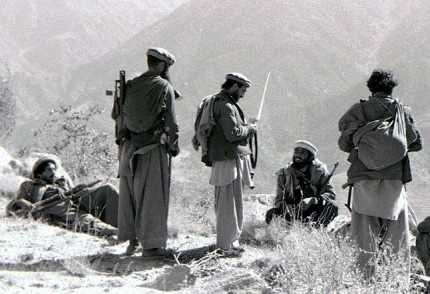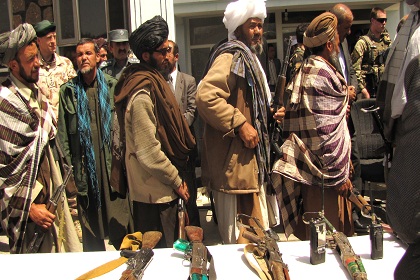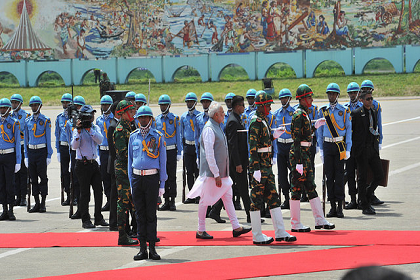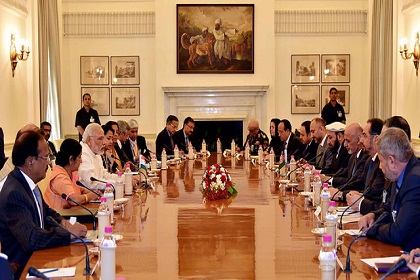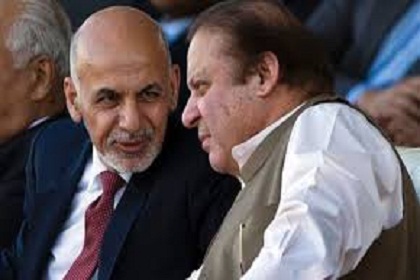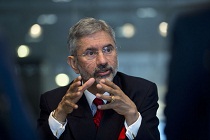War crimes: Bangladesh shows the way
At a time when Islamic fundamentalism is threatening the world, Bangladesh as a moderate muslim democracy occupies a unique position in actively confronting this threat under Sheikh Hasina. Instead of the unjustified criticism levied against its war trials, the West must actively support its fight against terror.

